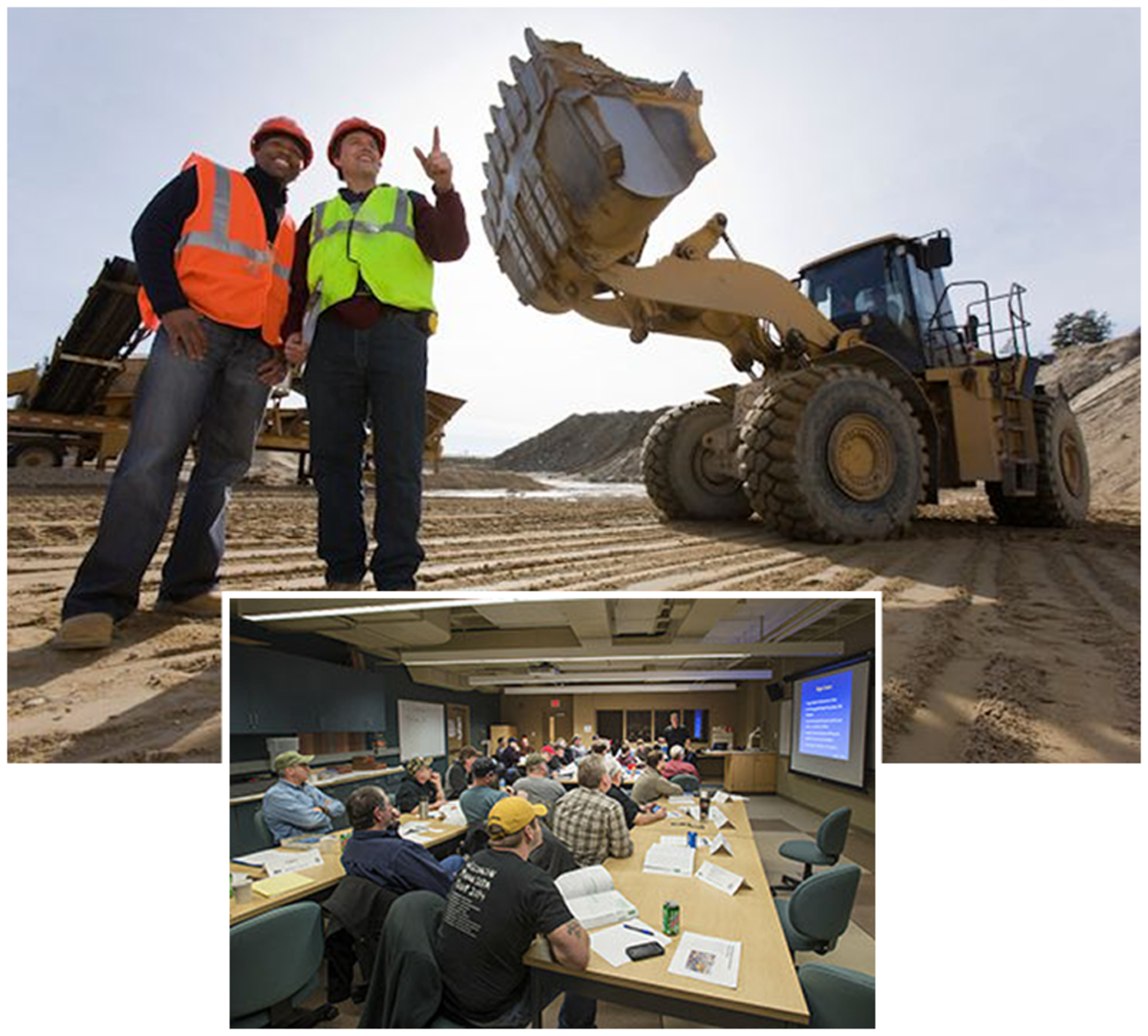Heavy Equipment Training reduces the risk of any mishaps
In construction, the heavy machine operator is certainly one of the toughest on-field jobs. One has to be extremely adept and well-trained to properly perform his duties without hiccups. Machine operators shoulder a huge amount of responsibility every time they step into a machine; any mistake could lead to disastrous consequences for both the construction equipment companies and its workers. With the latest technological advancements, the operator’s life is without doubt simpler than it was a decade ago, but that doesn’t mean it is without its perils. In fact, constantly changing protocols could very well have the opposite effect and cause confusion. To minimize errors, companies have to walk a fine line between updating and stagnating their safety measures. This begs the question of what exactly are the essential steps one should take to ensure their operators are the best in the industry. We will attempt to find the magical solution to this question while presenting facts on specific kinds of heavy equipment training that one has to complete before becoming a qualified heavy equipment operator.
Ideally, an operator has to undergo training from a reputable heavy equipment operator school, usually meaning 2 years of classroom theoretical training and 3 years of an on-site practical training.

Theory
This is the first and the most important step to becoming an operator. Trainees are given detailed introductions to all new & used heavy construction equipment by (hopefully) experienced instructors to familiarize themselves each machine’s parts and attachment. Students who follow the training manuals properly will have a far easier time over the next few years of their training. Not only do these training modules cover equipment anatomy, but they also emphasize on the various safety measures one should take when operating these beasts. There are many heavy equipment schools offering a recognized course for people who are seeking an operator’s professional degree. Be sure to pick one that best suits you to ensure a conducive training environment.
Practical Training
Practical training makes up the other crucial half of an operator’s training. Students get proper practical experience and are able to apply their conceptual knowledge to real-world situations with professional guidance. Students are able to learn how to actually operate heavy machinery such as vibratory rollers, cranes and bulldozers while under their instructors’ supervision.



